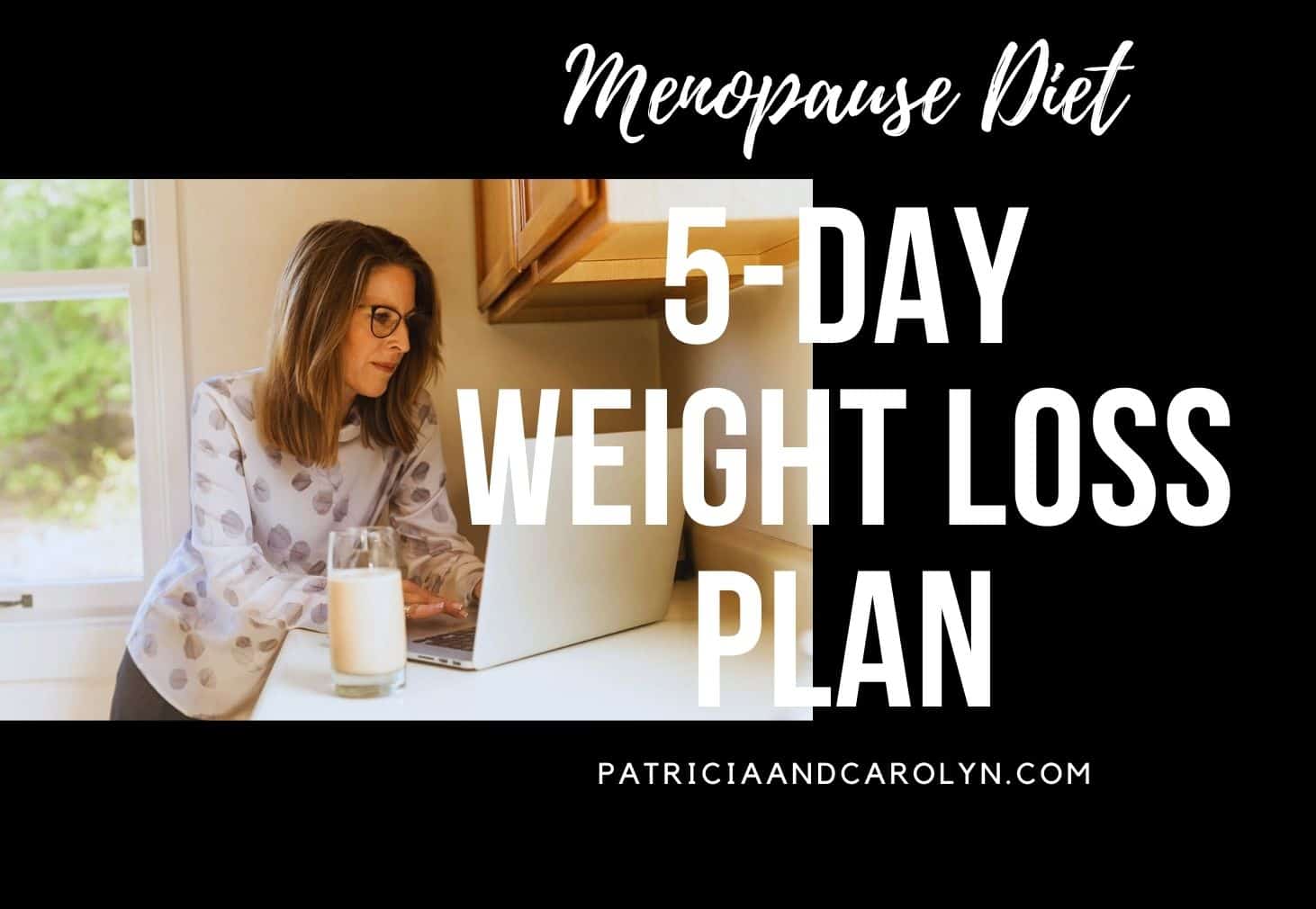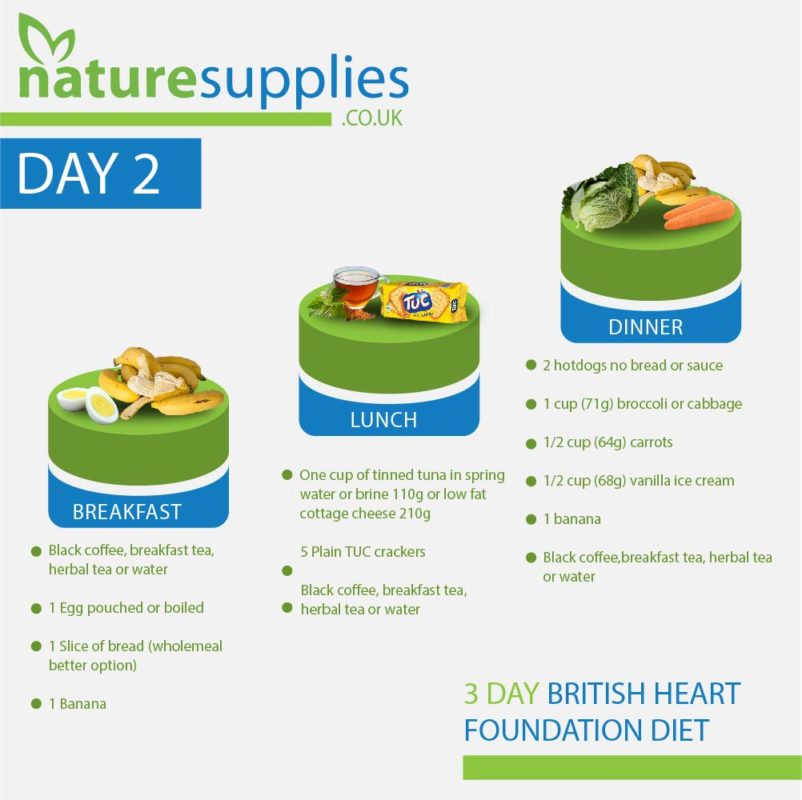
You have probably heard of the gluten-free diet. But what does it really mean? Is it healthier that a low carb diet? Or does it mean cutting out sugar, carbohydrates, and fiber? Or are there some other factors to consider? Continue reading if you are curious! These are the top misconceptions surrounding the Gluten-Free Diet.
Low-carb
While it may be tempting to lose weight by cutting out grains and carbohydrates from your diet, these plans can be risky. You can experience adverse health effects if you try to avoid gluten and processed carbohydrates long term. These foods are addictive and high in calories. This diet is not recommended for people who don't have celiac disease. Consume two to three whole grains daily to lose weight safely.
High-fat
It is possible to lose weight by following a gluten-free diet. For example, you may be suffering from a gluten-related disease or suspect that gluten may be contributing to your overall health problems. Before you make the switch, consult your doctor or nutritionist. You'll also need to plan your weekly meals and calculate how many calories you'll burn on the gluten-free diet.

High-sugar
Food industry has developed reduced-fat and low-fat products that are high in sugar. This is especially dangerous because many of these items are derived mainly from sugar. According to a new study, the majority of men have a high-sugar eating pattern. One slice of white bread could be equal to four tablespoons sugar. Even if you don't have diabetes, you can still be overweight if the diet is high in sugar.
Low-fiber
It is best to choose foods with at least two to three grams fiber per serving when you are choosing low-fiber foods. Vegetables and fruits are fine, provided they do not contain seeds or skins. Cooked foods can also be low in fiber because they lose their fiber during cooking. If you're undergoing weight loss surgery, you can follow a low-fiber diet for weight loss.
Low-iron
Low-iron and gluten free diets share some common nutritional benefits. However, they also have their own drawbacks. Many of these foods do not contain iron, making them ineligible for people who have low iron. Iron can be lost via sweat and perspiration, but there are still some foods that provide sufficient iron. These are some to think about.
Celiac disease
Celiac disease patients may find a gluten-free diet the best option to help them reach their weight loss goals. The diet you choose is safe and your health will not affect the calories or protein you eat. While a gluten-free diet doesn't affect your BMI, it can increase your risk for developing metabolic syndrome. This refers to a group of diseases that can increase your risk of stroke, type 2 diabetes, heart disease and heart attack. To fully understand the relationship between metabolic syndrome and gluten-free diets, more research is required. As always, you should discuss your diet plan to your healthcare provider.

SAD diet
Following a SAD diet for weight loss can be dangerous. It can have severe consequences, both on the physical and mental side. SAD diets increase the risk of developing diabetes or heart disease. It can also alter your gut microbiome, which can affect your energy level. You'll likely feel tired and drowsy a lot more frequently, making it difficult for you to concentrate. There are many options to choose healthy foods without feeling deprived.
FAQ
Why would you want to lose weight before turning 40?
Senior citizens over 40 need to maintain their health, fitness and well-being. It is crucial to find ways that you can stay fit throughout your entire life. This means regular exercise and eating healthy, as well as not smoking and moderate alcohol.
It is also important that you understand that as we age, our bodies undergo changes. Our bones become weaker, and our muscles begin to shrink. You can slow down the aging process if you take care of yourself.
As we age, there are many advantages to being healthy and fit. These benefits include:
-
Better Sleep
-
Improved moods
-
Increased energy levels
-
Lower risk of developing cancer
-
A longer life
-
More independence
-
Better sex
-
Greater memory
-
Greater concentration
-
Greater circulation
-
Stronger immune system
-
Fewer aches, pains
How often do people fast?
Most people who follow a ketogenic diet fast once per week. But, some people fast twice per week. Others fast three-times per week.
There is a variation in the length of fasts. Some people fasted for 24 hours and others for 48 hours.
Some people can even travel for up to 72 hours. However, these extreme cases are rare.
Are there any side effects of intermittent fasting?
Intermittent fasting does not have any known side effects. But, it is possible to experience minor side effects if you plan poorly.
If you skip breakfast, your day might be interrupted by irritability. Headaches, dizziness, fatigue and muscle cramps are all possible.
These symptoms often disappear within a few hours.
What Amount of Weight Can You Lose In A Week?
Your body fat percentage determines how much weight you are able to lose. To begin, you need to determine how much weight that you would like to lose. Next, find your BMI (Body Mass Index). Your BMI will tell you how much weight to lose. If your BMI is 25 or greater, you're overweight. If your BMI is more than 30, you are obese.
For example, let's say you have a BMI of 28.7 and are 200 pounds. This would mean that you'd have to lose about 70 pounds in order to reach a healthy weight. To see if you're overweight, visit www.healthyminds.com/bmi/.
Once you know your BMI, this formula will allow you to determine how many pounds per week you'll be able to lose.
(Your Goal Weight - Current Weight)/BMI * 7 Number Of Pounds Lost Per Week
For 50 pounds to be lost in one month, it would take 2 weeks of exercise. 56 days is equivalent to 7 pounds per day. That works out to 8.3 pounds lost per week.
You could also try this calculator from www.weightlosscalculator.net. It gives you a rough estimate of how many calories you should eat daily to lose 1 pound per week.
What is the best exercise for weight loss?
There are many factors that affect the amount of exercise you need to lose weight. However, the majority of people require at least 30 minutes of moderate exercise five days a week.
The American College of Sports Medicine recommends 150 minutes of moderate-intensity aerobic activity each week, spread over three days.
You can lose 10 pounds by doing 300 minutes of moderate-intensity exercises each week, for example. You can do this by walking fast, swimming laps or biking, as well as playing tennis, golfing and hiking, or jogging, running or other similar activities.
Consider doing 20 minutes of vigorous exercise thrice a week if you are just starting out. That could include activities like lifting weights, sprints, jumping rope, or fast walking.
Aerobic exercise can also help you burn calories and increase muscle mass. Muscle burns a lot more calories than fat. Building muscle and losing weight could help you get there faster.
Statistics
- One study in 9 active men found that HIIT burned 25–30% more calories per minute than other types of exercises, including weight training, cycling, and running on a treadmill (18Trusted Source (healthline.com)
- Another study found that 24 weeks of weight training led to a 9% increase in metabolic rate among men, which equated to burning approximately 140 more calories per day. (healthline.com)
- According to Harvard Health, it's estimated that a 155-pound (70-kg) person burns around 167 calories per 30 minutes of walking at a moderate pace of 4 mph (6.4 km/h) (5). (healthline.com)
- Among women, the increase in metabolic rate was nearly 4%, or 50 more calories per day (14Trusted Source (healthline.com)
External Links
How To
How to lose weight fast without exercise
You can lose weight quickly by eating less calories than what you burn. This will allow your body to begin burning stored fat for energy. In order to get enough calories your body will start to degrade muscle tissue. This can lead to some muscle loss. You can still lose weight if you don't work out while dieting, but you'll probably lose even more muscle mass.
It is possible to lose weight fast and not have to exercise by reducing your calorie intake. While many people believe they need to cut back on their food intake, it is not the truth. You want to eat fewer calories than what you burn when you are trying to lose weight. So how much should you eat every day? It all depends on the type of activity that you do each day. For example, a runner who walks 3 to 5 miles per day would only require 2,500 calories daily. Someone who works at a desk all day long would require around 1,600 calories daily. A person who exercises frequently (like lifting weights), would only need about 1,600 calories per day.
If you are trying to lose weight, you should try to reduce your caloric intake. Many people believe they should consume less food, as they feel they are starving. However, this is not the truth. Your body doesn’t care if you’re hungry or full; it simply wants to work properly. You need to track your calories intake to lose weight. There are many apps available online that allow you to monitor your calorie intake. Some of these apps include MyFitnessPal, Calorie Counter, and LoseIt!